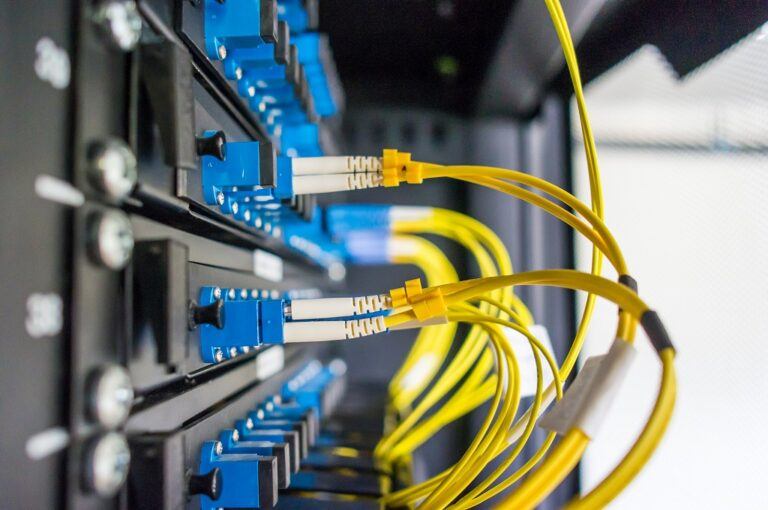Monero (XMR) launched a new update last week, as part of its “war” against ASIC miners. The update included an alteration to its Cryptonight Proof-of-Work (PoW) consensus algorithm, which helped ensure specialized ASICs were unable to work on its network.
The move came after cryptocurrency mining hardware giant Bitmain revealed its first Cryptonight ASIC miner called Antminer X3. Other mining hardware manufacturers were rumored to be developing similar machines, with Baikal, another cryptocurrency mining hardware producer, announcing one at about the same time.
ASIC miners are specialized machines that cannot be repurposed. Given Monero’s hard fork to resist them and the low value of other Cryptonight-based cryptocurrencies, demand for these machines likely plummeted as miners would have a hard time turning a profit.
While Bitmain boasts heavy profits and can survive the flop, Baikal may end up struggling. Seemingly in an attempt to still make a few sales, the mining hardware manufacturer is currently offering a five-for-one deal on its nearly-worthless ASIC.
Buy one, get Five. pic.twitter.com/YYkkEOb9fH
— Baikalminer (@baikalminer) April 9, 2018
ASIC miners are somewhat controversial in the crypto world, and Monero isn’t the only cryptocurrency considering resisting these machines. As covered, an Ethereum developer recently conducted a Twitter poll on whether its users would support a hard fork to render ASICs obsolete on its network, and results showed they would.
Ethereum developers started considering resisting ASIC miners after Bitmain revealed a machine capable of mining on its network. Although users showed they would support a hard fork, developers have thus far been hesitant due to their potentially chaotic consequences.
Although Monero’s hard fork rendered ASICs useless on its network, these devices are still compatible with other Cryptonight-based coins, such as Sumokoin (SUMO), Electroneum (ETN), Bytecoin (BCN), and four new projects created after Monero’s hard fork.









